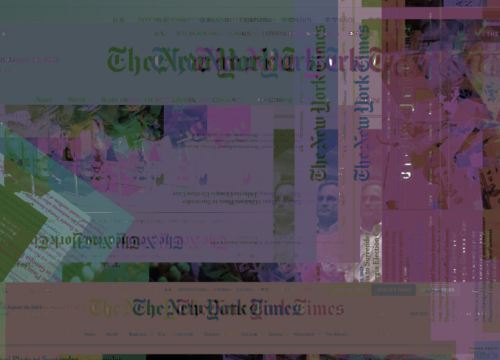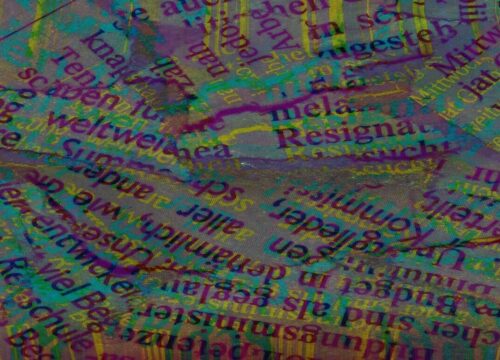Coverage by McKenzie Sadeghi, Dimitris Dimitriadis, Lorenzo Arvanitis, Virginia Padovese, Giulia Pozzi, Sara Badilini, Chiara Vercellone, Macrina Wang, Natalie Huet, Zack Fishman, Leonie Pfaller, Natalie Adams, and Miranda Wollen | Last Updated May 5, 2025
From unreliable AI-generated news outlets operating with little to no human oversight, to fabricated images produced by AI image generators, the rollout of generative artificial intelligence tools has been a boon to content farms and misinformation purveyors alike.
This AI Tracking Center is intended to highlight the ways that generative AI has been deployed to turbocharge misinformation operations and unreliable news. The Center includes a selection of NewsGuard’s reports, insights, and debunks related to artificial intelligence.
To date, NewsGuard’s team has identified 1,271 Unreliable AI-Generated News and information websites spanning 16 languages: Arabic, Chinese, Czech, Dutch, English, French, German, Indonesian, Italian, Korean, Portuguese, Russian, Spanish, Tagalog, Thai, and Turkish.
These websites typically have generic names, such as iBusiness Day, Ireland Top News, and Daily Time Update, which to a consumer appear to be established news sites. This obscures that the sites operate with little to no human oversight and publish articles written largely or entirely by bots — rather than presenting traditionally created and edited journalism, with human oversight. The sites have churned out dozens and in some cases hundreds of generic articles, about a range of subjects including politics, technology, entertainment, and travel. The articles have sometimes included false claims, including about political leaders (see example below relating to the Israeli Prime Minister). Other false claims relate to celebrity death hoaxes, fabricated events, and articles presenting old events as if they just occurred.
In many cases, the revenue model for these websites is programmatic advertising under which the ad-tech industry delivers ads without regard to the nature or quality of the website. As a result, top brands are unintentionally supporting these sites. Unless brands take steps to exclude untrustworthy sites, their ads will continue to appear on these types of sites, creating an economic incentive for their creation at scale.
In addition to the sites included in the Tracker, NewsGuard analysts identified a Chinese-government run website using AI-generated text as authority for the false claim that the U.S. operates a bioweapons lab in Kazakhstan infecting camels to endanger people in China. NewsGuard has also identified a network of 167 news websites with Russian ties masquerading as local news outlets that publish false or egregiously misleading claims about the Ukraine war and primarily use AI to generate content.
Researchers, platforms, advertisers, government agencies, and other institutions interested in accessing the full list of domains or who want details about our services for generative AI companies can contact us here. And to learn more about NewsGuard’s transparently sourced datasets for AI platforms, click here. NewsGuard is also reporting on AI-generated misinformation narratives and trends in its weekly Misinformation Risk Briefings and Reality Check newsletter on Substack.



























